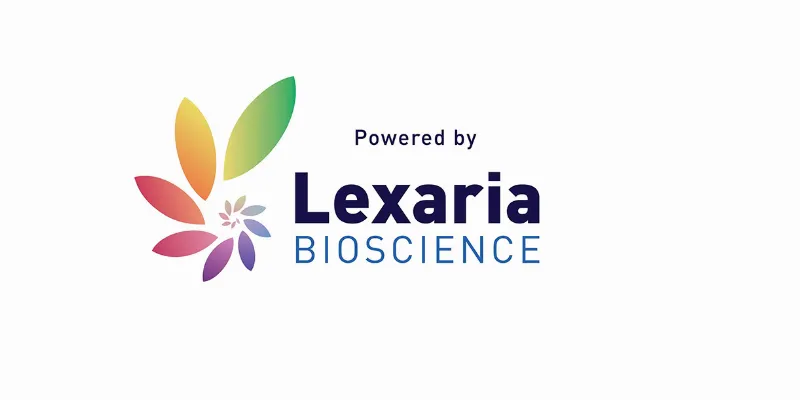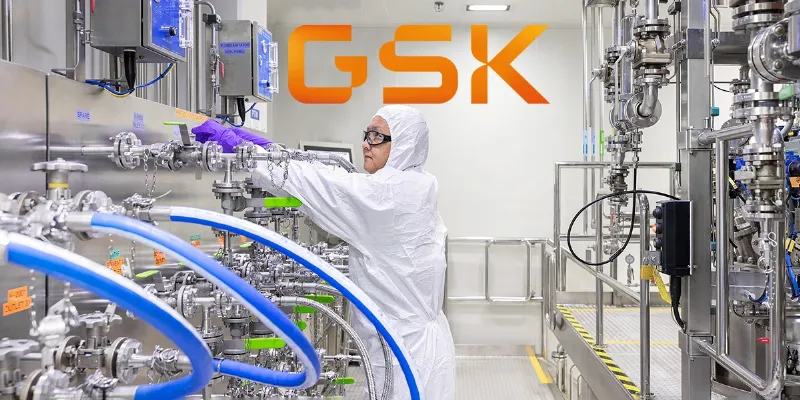Lexaria Targets Rising Diabetes and Obesity with Innovative Drug Delivery

31 October 2023
Lexaria Bioscience Corp. is expanding studies on its DehydraTECH platform after promising results in reducing blood sugar and body weight. The firm aims to launch new human and animal studies to examine whether DehydraTECH processing can make GLP-1 drugs such as semaglutide even better, potentially revolutionizing the multi-billion-dollar diabetes drug market.
A novel drug delivery platform, DehydraTECH by Lexaria Bioscience Corp., aim to revolutionize the treatment of diabetes and obesity, two conditions that continue to surge globally. Meanwhile, research on tirzepatide has shown significant weight reduction in obese individuals. As diabetes and obesity rates continue to rise, such advancements provide hope in addressing these global health challenges.
Key Facts:
- Lexaria's DehydraTECH is easily integrated into oral product manufacturing processes to better deliver API payloads to improve bioavailability, reduce side effects and more.
- Lexaria is evaluating the impact of DehydraTECH on oral performance of GLP-1 drugs for diabetes and weight loss, a market forecast to reach up to an astonishing $200 billion per year.
- DehydraTECH is a scalable technology for a multitude of applications that has separately been licensed by Altria for oral nicotine products.
- DehydraTECH promotes fast-acting, less expensive and more effective oral drug delivery and has been thoroughly evaluated through in vivo, in vitro and human clinical testing.
Lexaria's groundbreaking DehydraTECH platform, which commenced formal diabetes studies in 2022, has shown promising early results. The technology not only reduces blood sugar levels but also body weight. Furthermore, the company is exploring the platform's potential to enhance the efficacy of GLP-1 drugs like semaglutide. GLP-1 (glucagon-like peptide-1) receptor agonists are becoming increasingly popular in the treatment of type 2 diabetes. They mimic the effects of the naturally occurring hormone GLP-1, which plays a pivotal role in regulating blood sugar levels and appetite.
Another promising drug, tirzepatide, is under investigation for its potential in treating obesity. This novel glucose-dependent insulinotropic polypeptide and glucagon-like peptide-1 receptor agonist was the subject of a phase 3 double-blind, randomized, controlled trial. The study involved 2539 adults with obesity and revealed significant weight loss results. Participants receiving tirzepatide experienced a mean percentage weight reduction ranging from 15% to 20.9%, depending on the dosage. Notably, up to 91% of participants achieved a weight reduction of 5% or more.
Lexaria's push to optimize drug delivery is a testament to the industry's commitment to addressing diabetes and obesity head-on. With the potential collaboration with major pharmaceutical players like Novo Nordisk, Pfizer Inc., Merck & Company Inc., or AstraZeneca PLC, the future looks promising for those battling these chronic conditions.
The medical world is eagerly watching as Lexaria's new human and animal studies unfold, hoping that the integration of DehydraTECH into the multibillion-dollar GLP-1 drug market will usher in a new era of treatment options.
Lexaria is now focusing on diabetes and obesity
The company plans to initiate new human and animal studies to assess GLP-1 drugs processed through the DehydraTECH platform. This includes, but is not limited to, semaglutide, which is available under Novo Nordisk's brand names Ozempic, Wegovy, and Rybelsus. These studies aim to gauge the platform's potential for enhanced bioavailability, cost-effectiveness, tolerability, weight-loss potential, and diabetes management, among other factors. According to the drug value formulation calculations by Bay Bridge Bio, Lexaria is poised at a significant juncture in the valuation curve with the forthcoming clinical studies.
DehydraTECH in Four Sentences
DehydraTECH technology is incorporated into the formulation and manufacturing process of existing or new orally ingestible and topical products. It involves mixing the API as a delivery payload with certain fatty acids, infusing the mixture into a substrate material, and then using controlled dehydration synthesis processing to associate the payload and fatty acids together at a molecular level. The newly combined molecules are then integrated into end-product production across a range of dosage form factors including pills and capsules.
The output is essentially tasteless and odorless and works symbiotically with physiological systems to enable improved and faster absorption of drugs into the bloodstream and brain tissues. Brilliantly simple from the top level, Lexaria has turned a complex process into a scalable platform applicable for a litany of both current and future drugs.
Making Good Even Better
Most approved GLP-1 drugs are injectables, which has started a race for diabetes/weight-loss drugs in oral form including the objective to minimize current adverse side effects such as nausea, vomiting and diarrhea, among others. This is exactly where Lexaria sees an enormous opportunity for DehydraTECH based upon results with other types of drugs that lessened negative side effects.
Oral drugs are not only preferred for drug delivery by patients, but they are also far less expensive than the $900 per month in costs that is common for a regimen of a GLP-1 injectables. If successful in developing an oral option, Lexaria could find itself in a commanding position in a market for GLP-1 drugs that analysts say could balloon to $150 billion to $200 billion. That's a lot of headroom for a company with a market capitalization currently under $15 million.
Lexaria's unique drug-delivery technology is validated by a wide-ranging patent portfolio. The technology is protected by 37 patents around the world covering antiviral drugs, specific molecules for hypertension and central nervous system disorders, nicotine, NSAIDs (non-steroidal anti-inflammatory drugs) and vitamins. Also in development are patents pending that will further galvanize DehydraTECH for hypertension, hormone treatments and other drug formulations.
Abstract of the research
Tirzepatide Once Weekly for the Treatment of Obesity
Abstract: Obesity is a chronic disease that results in substantial global morbidity and mortality. The efficacy and safety of tirzepatide, a novel glucose-dependent insulinotropic polypeptide and glucagon-like peptide-1 receptor agonist, in people with obesity are not known. BACKGROUND: Obesity is a chronic disease that results in substantial global morbidity and mortality. The efficacy and safety of tirzepatide, a novel glucose-dependent insulinotropic polypeptide and glucagon-like peptide-1 receptor agonist, in people with obesity are not known. RESULTS: At baseline, the mean body weight was 104.8 kg, the mean BMI was 38.0, and 94.5% of participants had a BMI of 30 or higher. The mean percentage change in weight at week 72 was −15.0% (95% confidence interval [CI], −15.9 to −14.2) with 5-mg weekly doses of tirzepatide, −19.5% (95% CI, −20.4 to −18.5) with 10-mg doses, and −20.9% (95% CI, −21.8 to −19.9) with 15-mg doses and −3.1% (95% CI, −4.3 to −1.9) with placebo (P<0.001 for all comparisons with placebo)....











Comments
No Comments Yet!